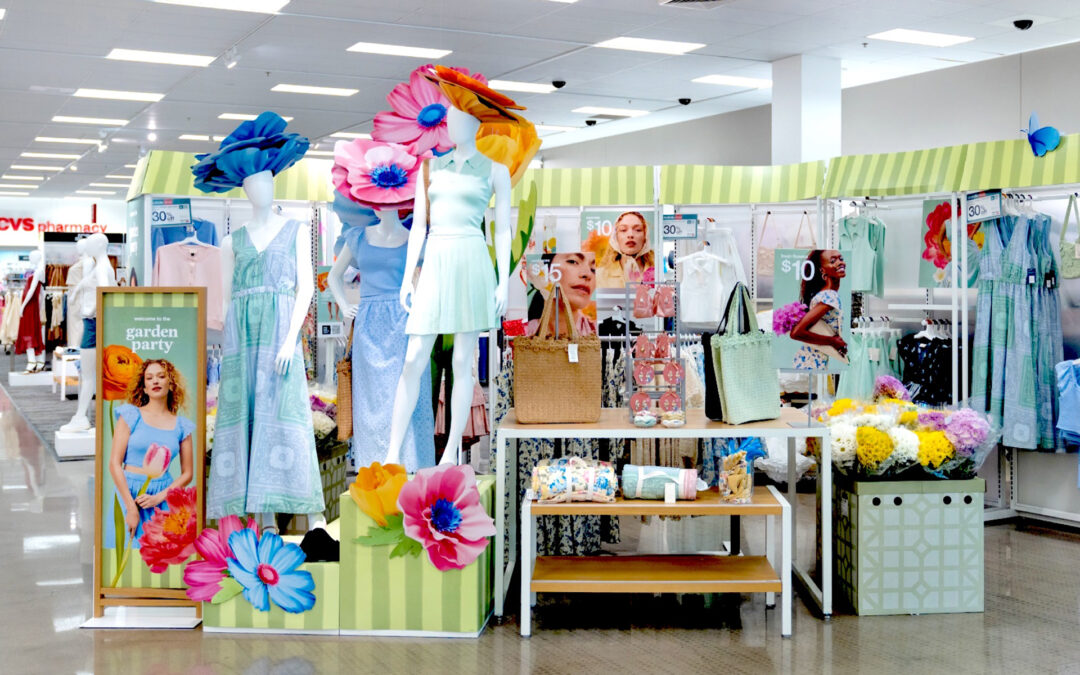After back-to-back monthly gains, The Conference Board Consumer Confidence Index decreased in October to 102.5, only 2.5 points above the optimism/pessimism line and down from 107.8 in September, posing a risk to retailers in the holiday season.
The Present Situation Index, based on consumers’ assessment of current business and labor market conditions, fell sharply to 138.9 from 150.2 in September. The Expectations Index, based on consumers’ short-term outlook for income, business and labor market conditions, slipped to 78.1 from 79.5.
In detail, the Present Situation Index fell as 17.5% of consumers said business conditions were good, down from 20.7% a month ago, with 24% of consumers saying business conditions were bad up from 20.9%.
In an appraisal of the labor market, 45.2% of consumers said jobs were plentiful, down from 49.2%, while 12.7% of consumers said jobs were hard to get, up from 11.1% in September, according to The Conference Board. As for Expectations, which looks at six months from now, 19.2% of consumers expect business conditions to improve, up from 18.6%, but 23.3% expect business conditions to worsen, up from 21.9% in the month before.
Consumers also express some contention about the short-term labor market outlook with 19.8% expecting more jobs to come available over the next six months, up from 17.4% in September, but 20.8% anticipating fewer jobs, up from 17.8%, in the month previous. As for personal income, 18.9% of consumers expect their incomes to gain, up from 18.3% in September but 15.1% expect their incomes to decrease, up from 13.8% month over month.
Consumer confidence retreated in October, after advancing in August and September, said Lynn Franco, senior director of economic indicators at The Conference Board, in announcing the numbers. The Present Situation Index fell sharply, suggesting economic growth slowed to start Q4. Consumers’ expectations regarding the short-term outlook remained dismal. The Expectations Index is still lingering below a reading of 80, a level associated with recession, suggesting recession risks appear to be rising.
Notably, concerns about inflation, which had been receding since July, picked up again, with both gas and food prices serving as main drivers. Vacation intentions cooled. However, intentions to purchase homes, automobiles and big-ticket appliances all rose. Looking ahead, inflationary pressures will continue to pose strong headwinds to consumer confidence and spending, which could result in a challenging holiday season for retailers. And, given inventories are already in place, if demand falls short, it may result in steep discounting which would reduce retailers’ profit margins.





